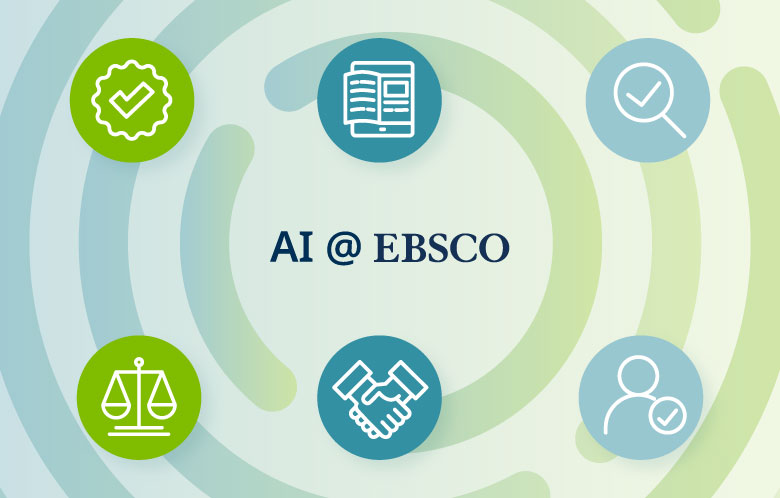The rapid growth of generative Artificial Intelligence (AI) is transforming jobs worldwide. According to LinkedIn’s Future of Work Report, demand for AI professionals has surged, with English-language job postings mentioning technologies such as ChatGPT increasing 21-fold since November 2022. Similarly, the adoption of cloud platforms such as Amazon Web Services (AWS) has fueled a rising need for AWS-certified professionals. The U.S. Bureau of Labor Statistics projects about 356,700 new annual openings in computer and IT-related fields through 2033, highlighting the significant opportunities in these areas. AWS certification can further enhance an individual’s career prospects and earning potential.
This rise in demand for AI and AWS expertise underscores the importance of preparing a skilled workforce. Libraries can play a vital role in this effort by offering access to technology education that empowers individuals to develop the skills they need to succeed in the evolving landscape of generative AI and cloud technologies.
Benefits of Offering AI and AWS Skills Training Resources
Incorporating asynchronous AI and AWS skills training resources into your library's digital collection enhances its value and impact in three powerful ways:
- Innovation: Position your library as a hub for cutting-edge technology education, attracting learners eager to expand their knowledge and skills.
- Flexibility: Empower learners to study at their own pace and on their schedule — an especially valuable option for busy professionals and college students.
- Equity: Bridge the digital divide by ensuring your community has access to the skills needed to thrive in today’s tech-driven world.
By promoting digital literacy and technology skills, your library can play a pivotal role in empowering individuals and fostering a more inclusive, knowledgeable society.
AI and AWS Skills Training Resources from EBSCOlearning
These three resources from EBSCOlearning can help boost AI literacy and AWS cloud technology skills among patrons and students:
- Mindstone AI Skills Training from EBSCOlearning
This comprehensive, asynchronous skills training program offers a range of courses designed to demystify AI concepts and applications. From understanding machine learning algorithms to exploring ethical considerations in AI, Mindstone provides a robust curriculum that caters to both beginners and advanced learners. By incorporating Mindstone into their digital collections, libraries can offer patrons a valuable resource that enhances their understanding of AI and its real-world applications.
- AMA MicroCourses™ by EBSCOlearning
This business and leadership skills development resource from EBSCOlearning and the American Management Association (AMA) features 80 carefully curated video courses, including six on artificial intelligence: AI Essentials: A Basic Understanding for All, Adopting an AI Mindset, AI: From Algorithms to Decisions, AI: Balance the Risks and Opportunities, AI: Create a Strategic Roadmap with ENGAGE and AI: Upskill and Reskill. AMA MicroCourses is available as a standalone product or as an add-on module for all LearningExpress Library platforms, including PrepSTEP and Job & Career Accelerator.
- Amazon Web Services (AWS) Training Courses
Learners looking to develop their skills in cloud computing, data analytics, cybersecurity and other leading-edge technology topics should look no further than the AWS Training Center in LearningExpress Library Complete. (It’s also available in all versions of PrepSTEP.) The AWS Training Center offers more than 150 courses on topics from cloud essentials and database migrations to game technology and streaming media services. There’s even a course on artificial intelligence services. Each course offers a practical, hands-on approach, making it an ideal choice for patrons looking to gain industry-relevant skills.
By adding AI and AWS skills training courses, libraries can provide individuals with the tools they need to succeed in today's tech-driven job market.



